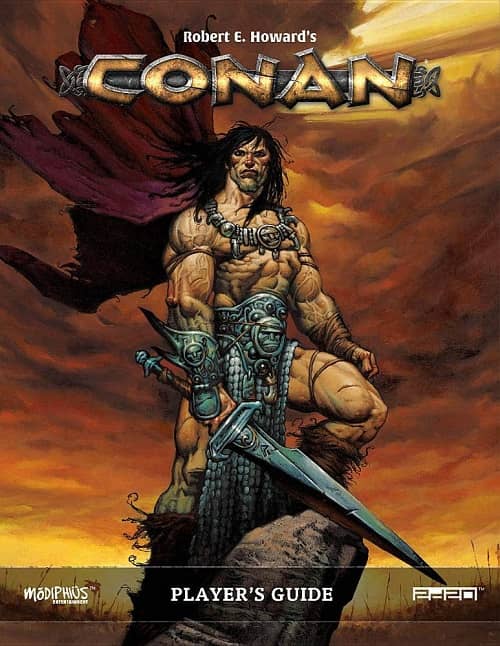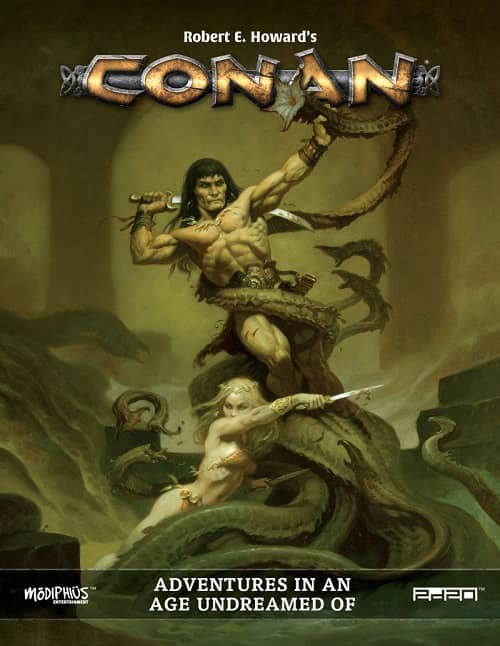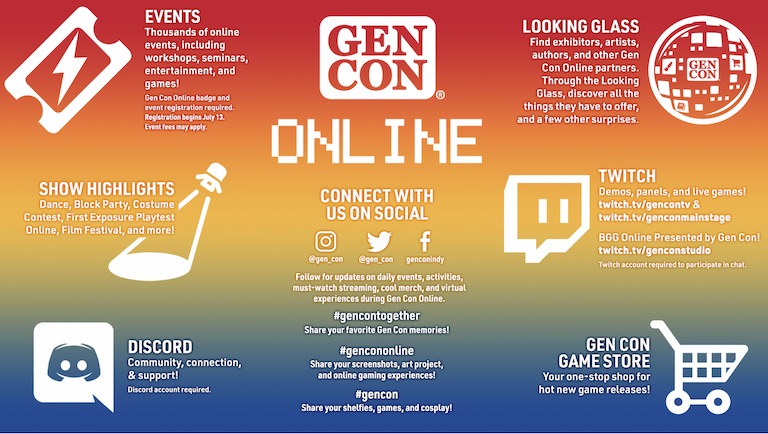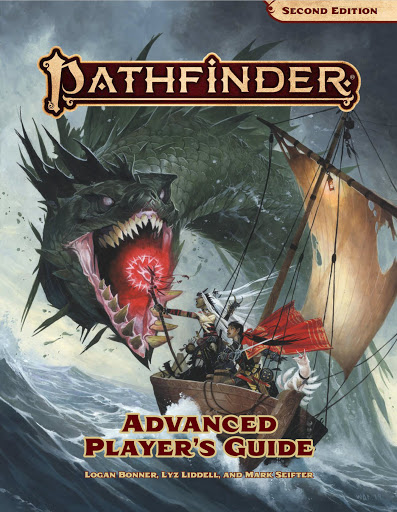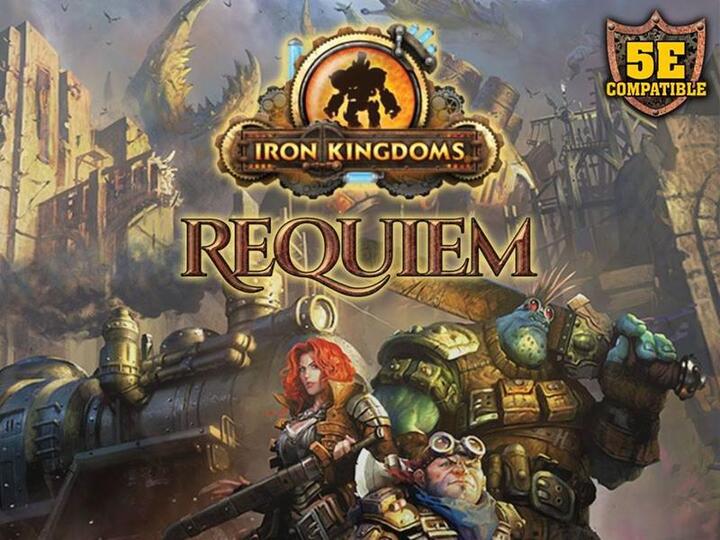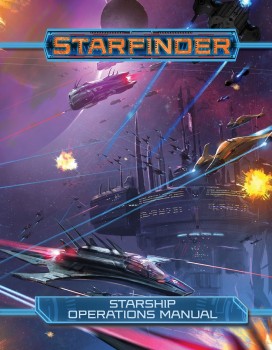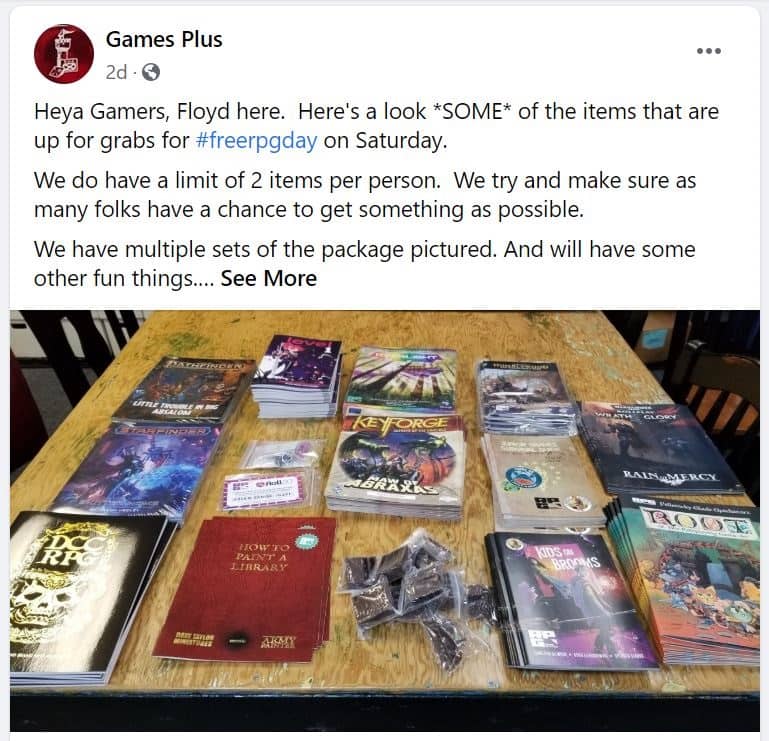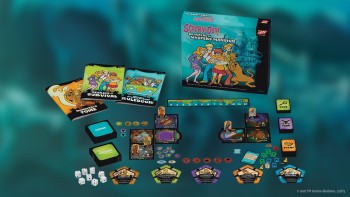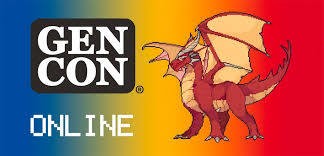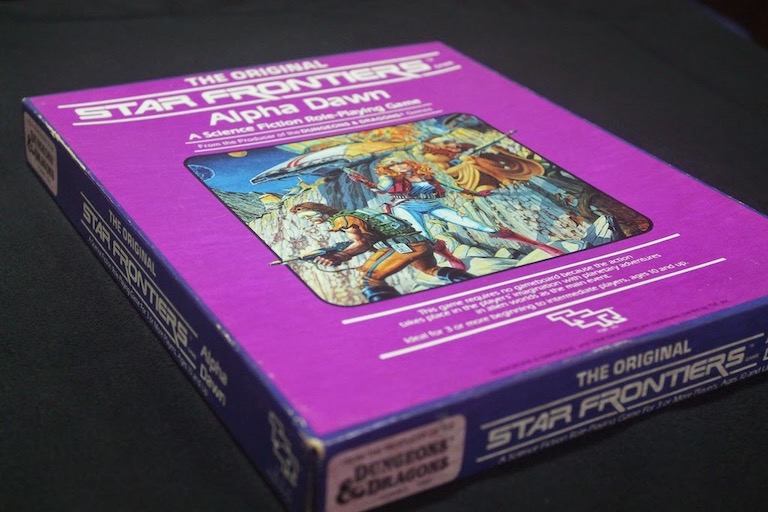A Report on Modiphius’s Robert E. Howard’s Conan: Adventures in an Age Undreamed Of — Part Two
This is the second article in my “explanation” of Conan 2d20. Last time I focused on 2d20’s core mechanic and on this game’s design philosophy insofar as it is an emulation of the “physics” and flavor of Robert E. Howard’s Conan fiction. This one will detail more aspects of gameplay, particularly player character components and action scenes.
Last article, I maintained that Conan 2d20 characters begin as powerful in mechanical ability (unless the alternative Shadows of the Past character generation is used). When I argue that this system is one of the better ones for Conan gaming, my rationale begins in this place. People who want to play a Conan version of Swords & Sorcery, I believe, don’t come to that desire by imagining operating a 1 Hit Die noob who is struggling to survive an attack of rats and who must run from most monsters. In contrast to this vision, Conan characters, though chronologically beginning their careers as young people, are formidable. Consequently, right away in the “campaign,” the GM is free to throw whatever she wants at the characters, just as Robert E. Howard challenged Conan with whatever he fancied, with whatever he believed would make an exciting story.
I realize I am thinking of Conan 2d20 in relation to the elephant (no, not that Elephant in the Tower, but that other elephant of gaming), and I’ll try to give it a rest after this. The comparison is in front of me because, as I explained last time, I have read many reports of people giving up on 2d20 because its rules are too far off from their familiar d20 expectations. My argument is that this is because Conan 2d20 is formulated, specifically, to emulate Robert E. Howard’s Conan. Whether it succeeds or not is very much still under discussion, and, elsewhere, that discussion goes on and on. But I believe that the Original Game, as awesome as it is, is built, out of its wargaming roots, as a melting pot or synthesis for all of fantasy literature. Conan 2d20 does Conan, just that, with all of its requisite limitations of “real” characters doing heroic things. The d20 iterations of Sword & Sorcery — even those “hacked” to better do Conan — still contain some difficult features, qualities inherent in and virtually impossible to remove from the system design. Chief among these is level-based advancement and, in most cases, the magic systems.
